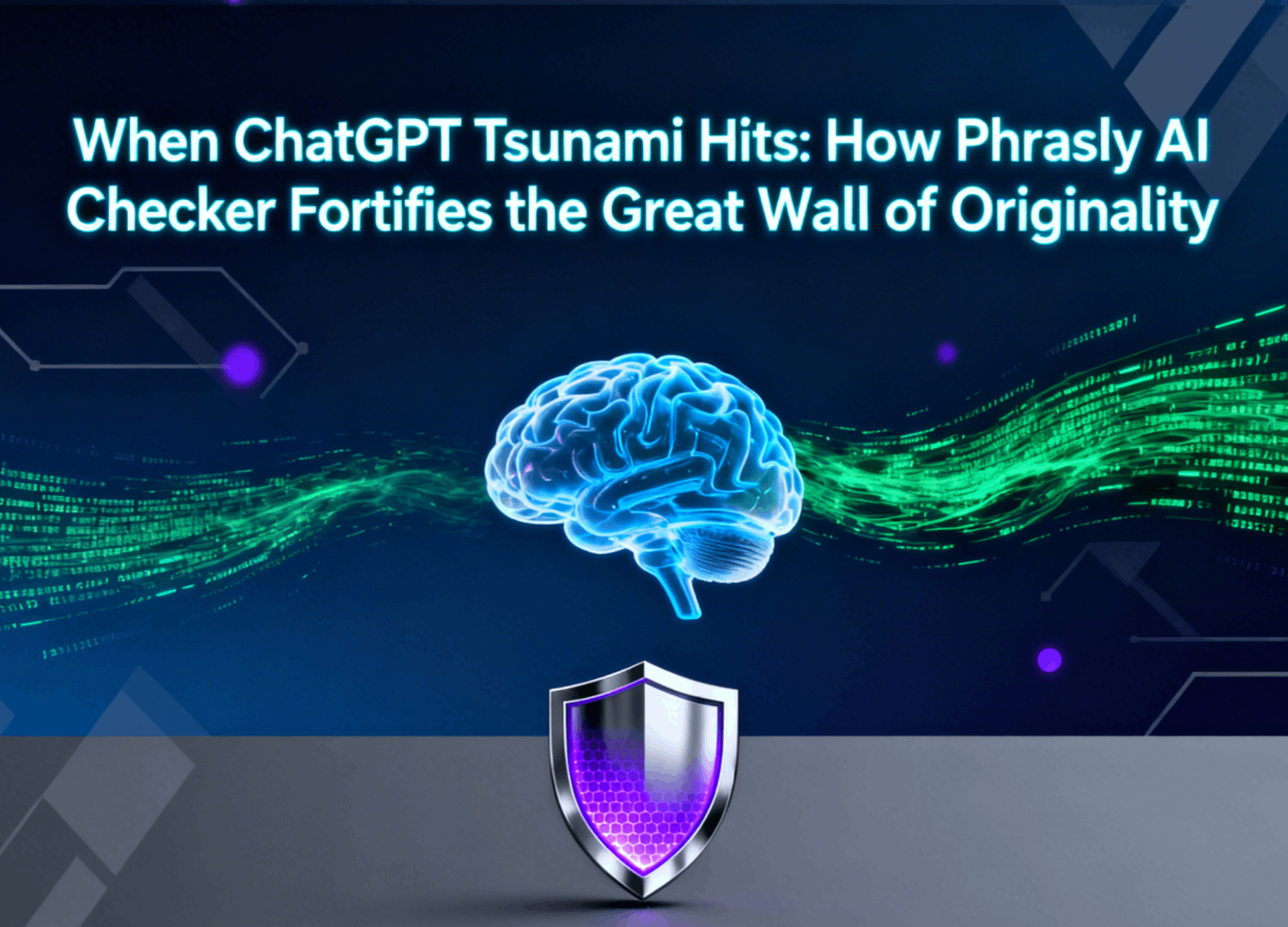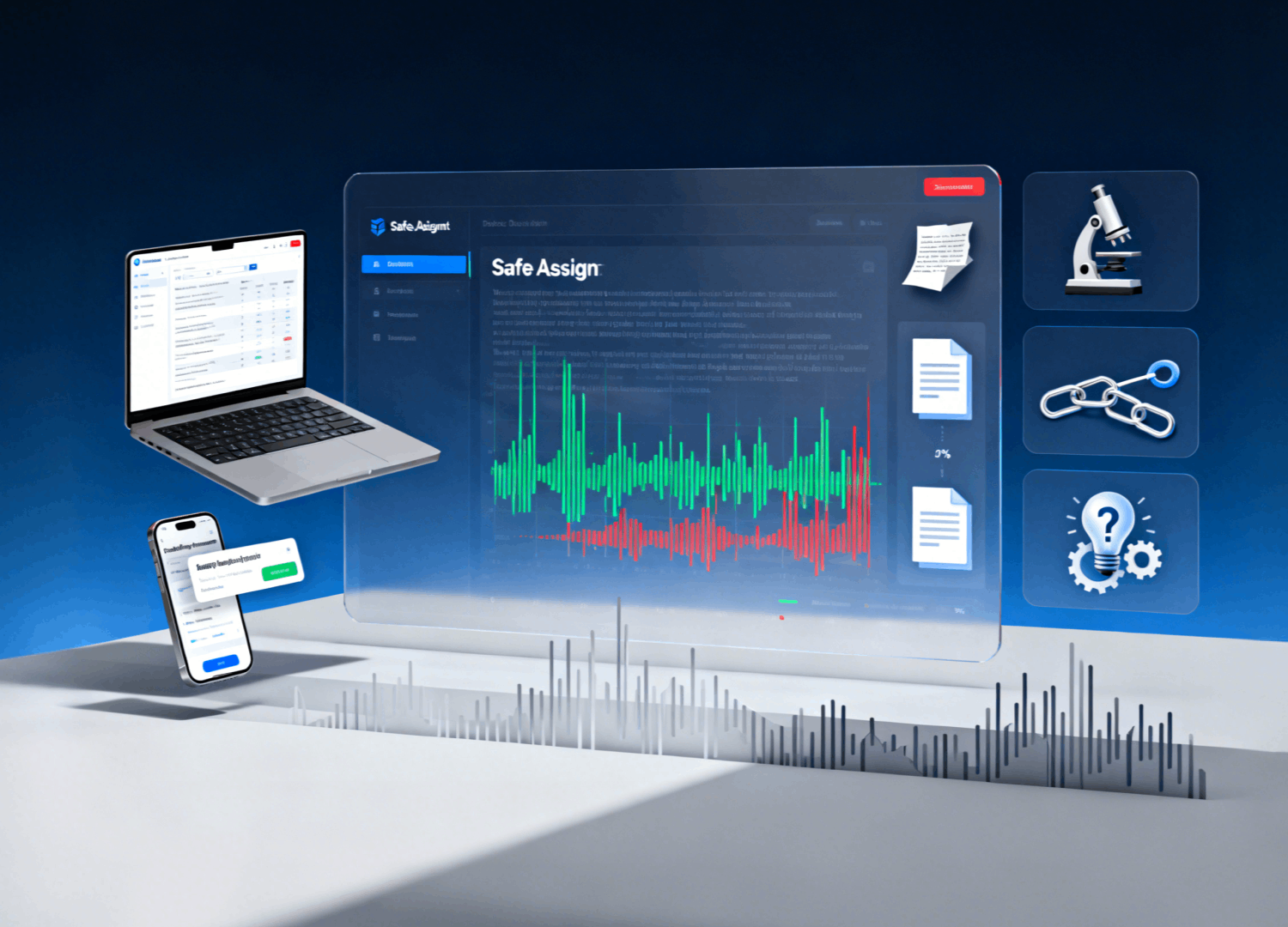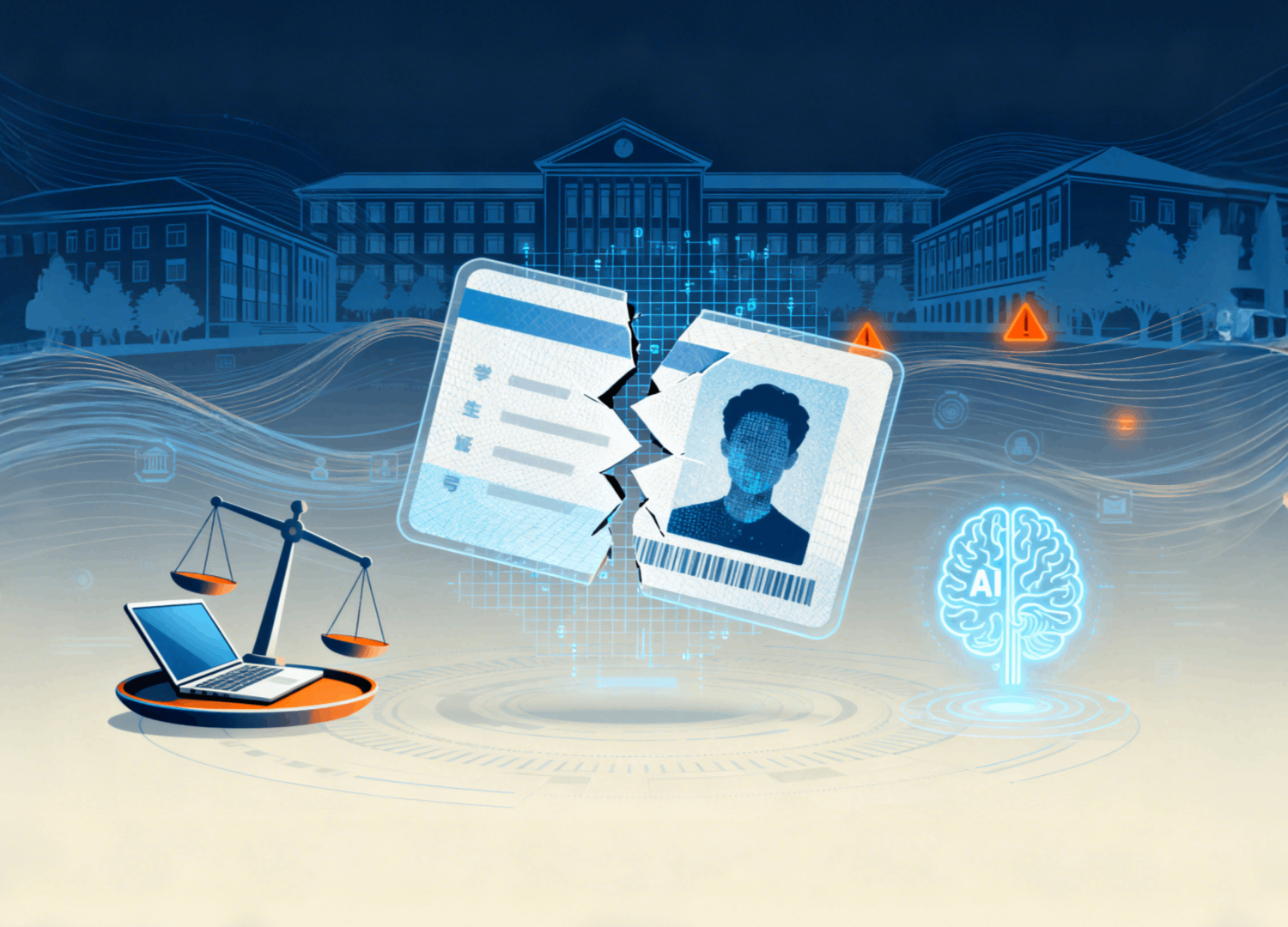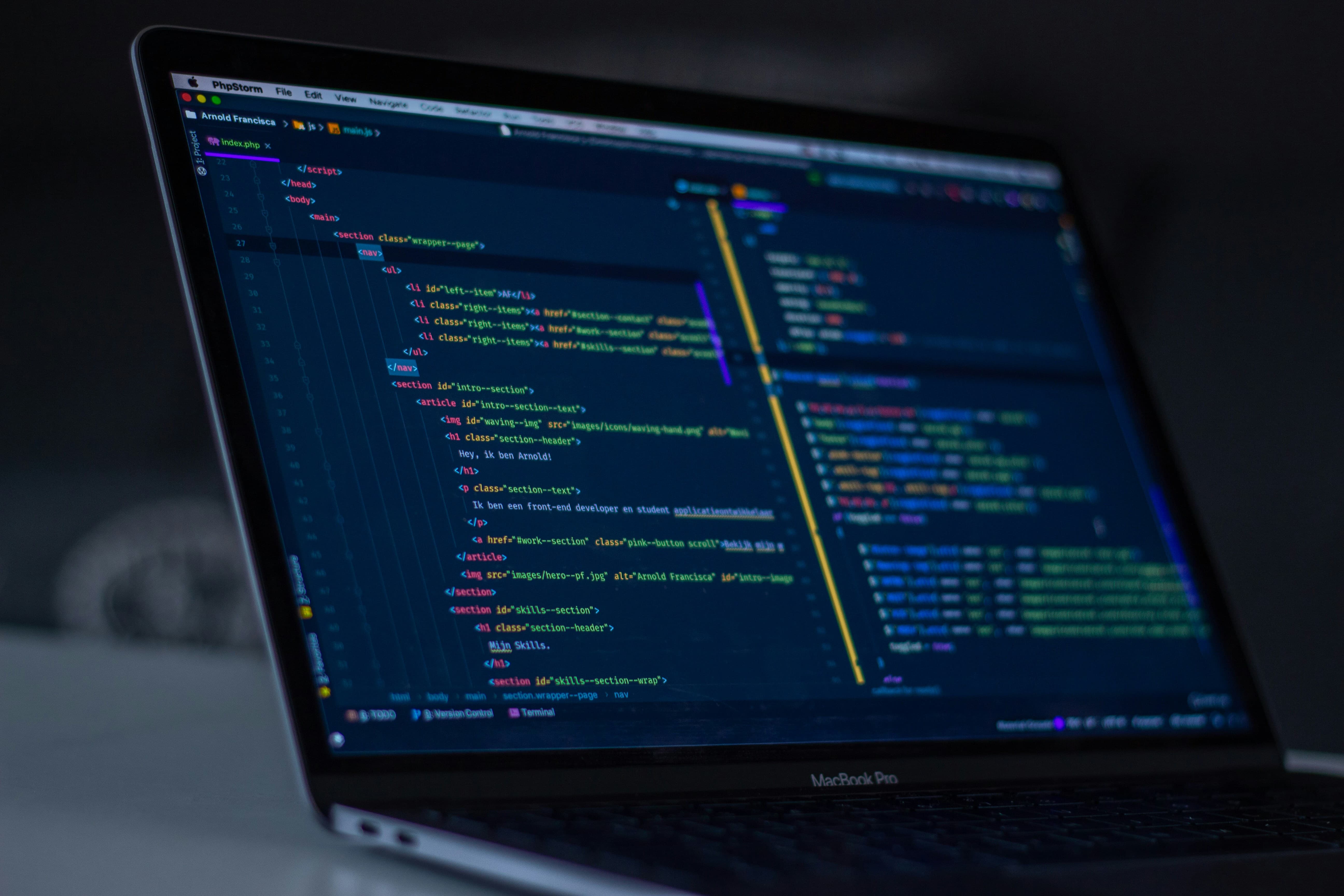
When ChatGPT Tsunami Hits: How Phrasly AI Checker Fortifies the Great Wall of Originality
As ChatGPT-generated content floods academia and social media (Oxford reports 76% AI-assisted essays...
In today's era of widespread AI writing tools, academic content creation has become more efficient and convenient, but relying entirely on artificial intelligence may lead to hollow content and plagiarism. How to detect AI-generated content and properly utilize AI writing tools is a challenge that both academia and humanity must seriously consider.
SafeAssign is an anti-plagiarism tool integrated into the Blackboard learning management system, widely used by institutions such as the University of Maryland and the University of Florida. Its core features include:
Operation Steps:
Case Background:
In a certain university course, a student's paper was detected by SafeAssign to have a 15% similarity rate, but the teacher noticed a significant difference in language style compared to previous assignments. Further investigation revealed that the student had used an AI tool to generate the initial draft and then employed a text-rewriting system to lower similarity, in an attempt to evade detection.
Technical Countermeasures Details:
This case reveals a complex trend in current academic misconduct: students may employ a full chain of operations—“plagiarism—rewriting—detection evasion”—using AI tools.
Many incidents of open-source models being plagiarized expose the limitations of current academic norms in cross-national collaborations. The following mechanisms need to be established:
SafeAssign is not only a detection tool but also a mirror reflecting the academic ecosystem. When students use AI to generate “perfect assignments,” they lose the opportunity to hone their critical thinking skills; when research institutions pursue “quick technical fixes,” they neglect the original spirit of knowledge sharing. Regardless of how technology evolves, integrity, innovation, and humanistic care remain the foundation of human civilization. The ultimate goal of education is not to cultivate “experts at evading plagiarism detection,” but to nurture individuals who think independently and revere knowledge. Only in this way can we break out of the “plagiarism—detection—countermeasure” cycle in the AI era and move towards genuine academic freedom and innovation.

As ChatGPT-generated content floods academia and social media (Oxford reports 76% AI-assisted essays...

Blackboard SafeAssign, a widely used plagiarism detection tool in academic settings, plays a pivotal...

In today's era of widespread AI writing tools, academic content creation has become more efficient a...

In modern academic settings, AI-based plagiarism detection tools have become commonplace, promising...

In today's competitive software development landscape, protecting your original code has never been...